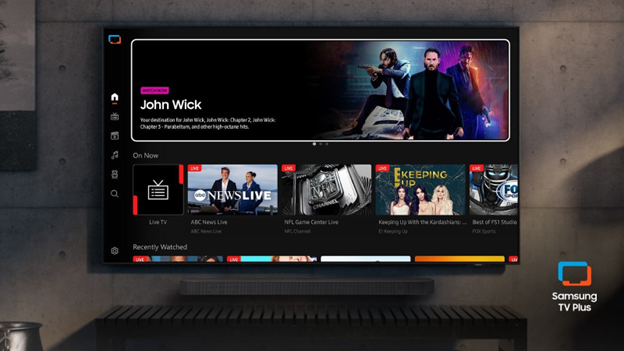United States needs more broadband competition

Customer choice for broadband connections to the Internet are too limited in the United States and prices would fall with more competition, a telecom expert said last week.
The United States has relied on the marketplace to determine the cost and quality of broadband. Other countries have tried different paths, said John Windhausen, president of Telepoly, a telecom consulting firm. He spoke last week during an Information Technology and Innovation Foundation (ITIF) forum on broadband competition in Washington, D.C.
In the United States, Windhausen noted, most subscribers have one or two choices for broadband carriers, cable or DSL, and fiber providers. He blamed this on two reasons: insufficient investment in high-speed broadband infrastructure and insufficient competition. Other nations, he said, use government mandates plus financing, and greater competition to achieve better results.
In France, for example, competitors of the incumbent network owner are now starting to build their own networks, using the profits they generated by providing service over the incumbent’s lines, Windhausen said. Today, 20Mb/s broadband service is available in France for $20 a month.
Windhausen called on the United States to create a national broadband policy, noting that consumers value broadband even more than HDTV services in their home.
The professional video industry's #1 source for news, trends and product and tech information. Sign up below.
